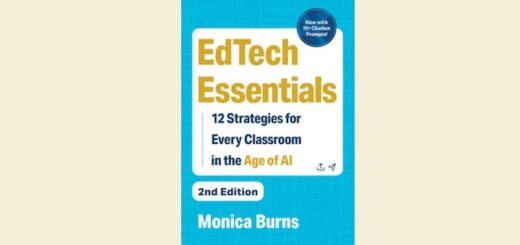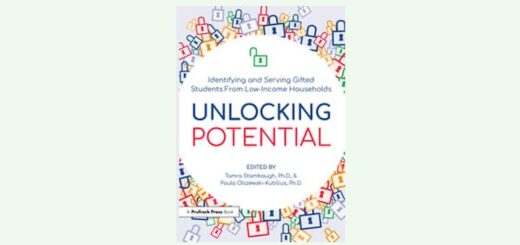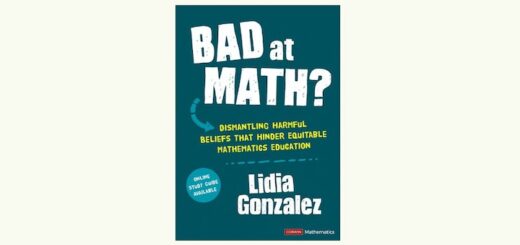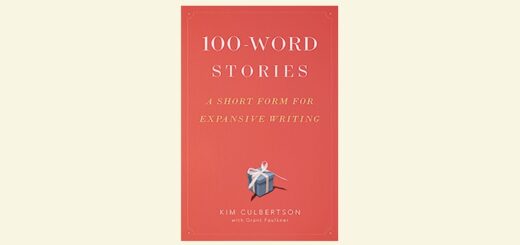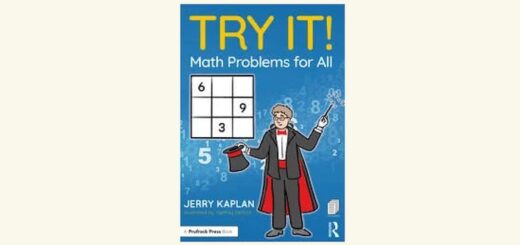Seeing and Celebrating Each Learner’s Gifts
By Regie Routman
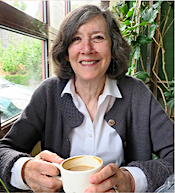
It’s an opportunity to “see” and celebrate the potential of every student, to dare to care enough to prioritize getting to know our students before establishing rules and procedures with them; to demonstrate compassion and empathy and to give students the benefit of the doubt; to create an equitable, social-emotional, and intellectual space together where each student feels welcome, accepted, and “seen.”
One of the most effective ways to see and value each student is to find out what each student cares about and to honor the strengths and interests of each child. If we can shift our personal and cultural mindsets to first recognize what students can do rather than what they can’t yet do, we are starting off the school year advantaging our students.
As is true for each of us, when we feel seen, valued, and supported—despite our perceived flaws and inadequacies—we are more likely to develop trust, feel safe, risk failure, and put forth our best efforts.
Doing our heart work first
In The Heart-Centered Teacher: Restoring Hope, Joy, and Possibility in Uncertain Times, I intentionally begin the book by focusing on loving our students and those we hold dear and “seeing” the promise of each student.
Seeing means looking through lenses that capitalize on strengths, rejecting a mentality of differences-as-deficits, and providing equitable opportunities for all. Seeing means we ensure that students and their families see themselves and their cultures equitably and respectfully represented in the curriculum, books, and resources we promote and use in daily teaching, learning, and living. Seeing means I understand you, and to be fully understood is a profound, life-affirming experience.
So how do we recognize, value, and protect each learner’s gifts? First of all, it takes seeing each person as fully human and doing our part to ensure their right to equitable and excellent care – educationally, emotionally, mentally, and physically. It takes flexibility, openness, and courage to change course when new, reliable, and valid knowledge becomes available. It also means we teach with the assumption that all kids can learn and that it’s our job to find a way in, to reach every child.
What we know and believe
We are, each of us, limited by what we see and believe. I’m reminded of this quote attributed to D. H. Lawrence: “The eyes don’t see what the mind doesn’t know.” Think about that for a moment. I’ve thought a lot about what that statement means for our students and loved ones and how inflexible and rigid attitudes, accompanied by low expectations, limit possibilities and progress.
That’s why deep, professional learning that respects and honors each learner’s strengths and interests is so vital. When we get locked into following a script or rigid program, when we adopt a mindset focused on limitations, we make it less likely we will tap into each learner’s gifts and possibilities. Here’s a personal example of how not seeing and valuing a person’s unique talent can stymie health and progress.
When my dad was transported by medical air ambulance from a New York City hospital to a rehabilitation hospital in Seattle after a severe stroke, he had to learn to speak all over again. Among his specialists was a speech therapist who saw him daily. My dad, who was then only saying a couple of words, was expected to repeat back short phrases and short sentences, exactly as spoken by the therapist.
None of this made any sense to my dad; I suspect he found the program beneath his intelligence. It wasn’t exactly that he refused to cooperate; he couldn’t see the purpose of the exercises, so his efforts were lackluster. One day, out of the blue when I was talking to my dad, he came out with a one-liner, a funny joke. I was ecstatic and could hardly wait to tell the speech therapist, who was unimpressed as indicated by his stern look and response. “He needs to follow the program I have him on. I am not interested in jokes.”
My heart sank. I tried to explain that showing a sense of humor was a sign of cognition and intelligence. My dad continued to tell short jokes, mostly one-liners, and I knew then he was mentally okay. That was his old spirit kicking in. Being a joke teller was part of who he was.
I encouraged Dad to “show off” and tell a couple of his jokes to the therapist, thinking the therapist would finally see my father’s competence, but he never did. He kept on with his program and my dad kept on with being disengaged.
My father, in essence, was being punished for his divergent thinking. His therapist withheld any praise or support for Dad’s sense of humor and individuality. Only the right-answer response the therapist held was considered of value.
Human beings don’t fit neatly into a program
Sadly, my Dad’s experience is too often the case for many of our students, especially those who are marginalized and attend unresponsive schools – schools where professional learning is not a priority, where implicit bias and low expectations prevail, and where “programs” substitute for a curriculum that meets the interests and needs of all learners.
Human beings don’t fit neatly into a program, nor should we want them to. What makes us human is our uniqueness, and we need to seek out and value the gifts each one of us has. But too often we are expected to follow a prescribed program without deviation.
Never mind that some students don’t benefit much, and for these students they’re not learning very much. Never mind that some are being turned off to learning, perhaps for the long term. Even when a program is required, think of it as a tool, a framework to be tinkered with to suit the needs of your population. Anything less is malpractice. Each and every student deserves the dignity and respect of being truly seen.
Much of living a good life is in part how we value, tell, and reshape our stories to become the authors of our own lives. Learning is a human experience and a vulnerable one. Both students and teachers need to feel safe and protected in order to tell their stories. While we may feel like some pieces of life are broken, cohering those fragments into a new and promising narrative—much like the cover image of the cracked plate lovingly made whole—is what we strive to do for our students and ourselves. — from “A Letter to Readers” (p. xxi), The Heart-Centered Teacher.
A friend once said to me, “If you can’t envision the possibilities, it’s not going to happen.” It’s as true for dealing with health issues and how we live our lives as it is for teaching kids. If we believe the best that we can give our students is a one-size-fits all program, or if we go along with that dictum, our students are not going to reach their full potential.
If we believe that students need an instructional assistant with them at every moment in order to stay focused, we are saying this student is not capable. If we believe that students can’t handle choice in their reading and writing, we deny them a full range of genres, authors, history, and cultures. When we don’t see a person’s gifts, we limit what’s possible. We stymie their achievement. We take away their human rights.
What might our students do well?
So dear reader and listener, ask yourself this question with a particular student or loved one in mind: “What are they good at?” If the answer to that question is not obvious, then search, look hard, and ask yourself: “What might they be good at?” if we have the will to provide tailored guidance, support, and encouragement.
Once teachers see, value, and capitalize on each learner’s unique talents and strengths, it changes that student and it changes us. Possibilities override limitations. Pride of accomplishment replaces failure. Effort leads to excellence. Joy is present, the best gift of all.
Credit: Cover art by Toby Gordon.
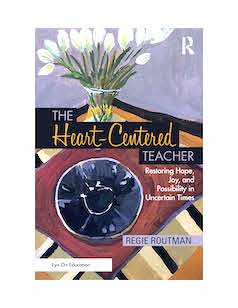
Regie’s teaching and coaching work, including school-based residencies, has focused on diverse, underperforming schools and classrooms across the U.S. and Canada, emphasizing strategies to create and sustain intellectual, joyful, and equitable school cultures where all learners can thrive. To learn more about her books, articles, podcasts, videos, and resources, go to www.regieroutman.org. To browse her many articles for MiddleWeb, click here.


















